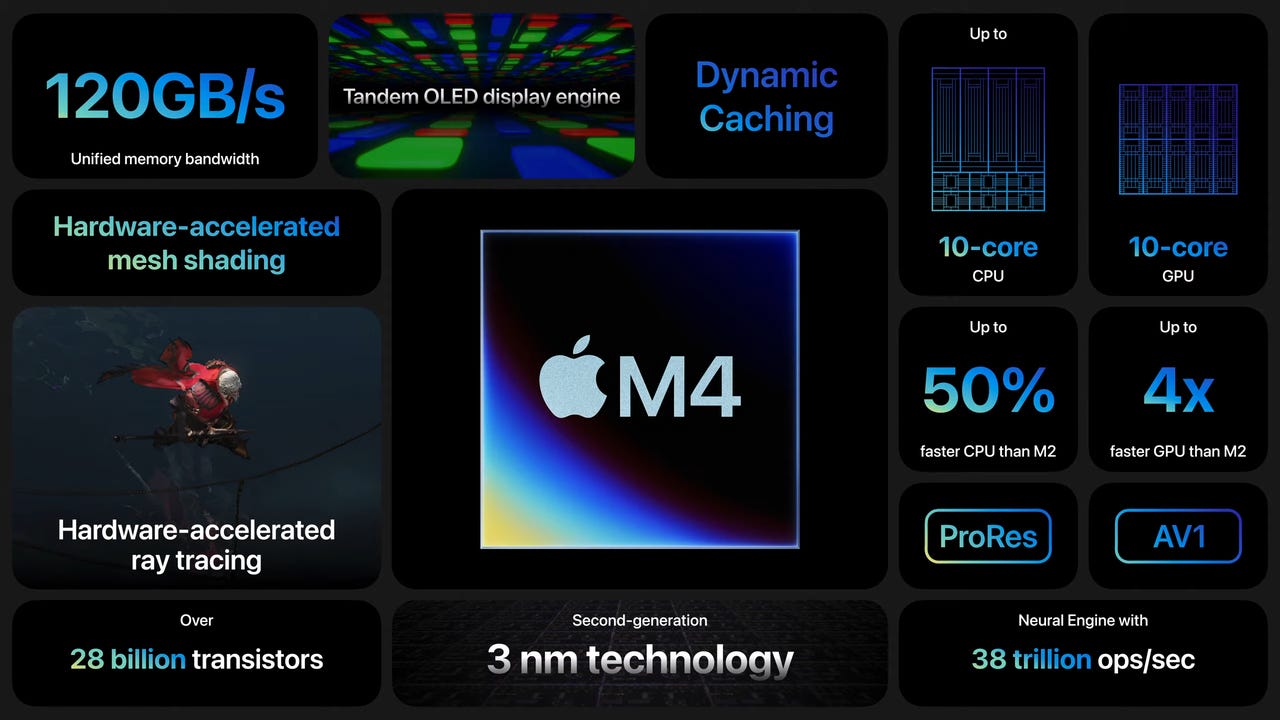'ZDNET Recommends': What exactly does it mean?
ZDNET's recommendations are based on many hours of testing, research, and comparison shopping. We gather data from the best available sources, including vendor and retailer listings as well as other relevant and independent reviews sites. And we pore over customer reviews to find out what matters to real people who already own and use the products and services we’re assessing.
When you click through from our site to a retailer and buy a product or service, we may earn affiliate commissions. This helps support our work, but does not affect what we cover or how, and it does not affect the price you pay. Neither ZDNET nor the author are compensated for these independent reviews. Indeed, we follow strict guidelines that ensure our editorial content is never influenced by advertisers.
ZDNET's editorial team writes on behalf of you, our reader. Our goal is to deliver the most accurate information and the most knowledgeable advice possible in order to help you make smarter buying decisions on tech gear and a wide array of products and services. Our editors thoroughly review and fact-check every article to ensure that our content meets the highest standards. If we have made an error or published misleading information, we will correct or clarify the article. If you see inaccuracies in our content, please report the mistake via this form.
Inside iPad Pro's new 'outrageously powerful' M4 chip, designed for AI workloads


Apple M4 chip
Apple unveiled the M4 chip at its May iPad event, designed to power the latest line of sleek and lightweight iPad Pro tablets. This new chip delivers performance levels comparable to the M3 processor found in the MacBook Air, with a substantial enhancement in AI capabilities.
Also: Everything Apple announced at its iPad event today: iPad Pro, Air, Pencil, M4, and more
Interestingly, the iPad Pro has leapfrogged directly from the M2 to the M4 chip, bypassing the M3 entirely.
The M4 is engineered using a "second-generation" 3-nanometer process, which Apple claims to be even more power-efficient than its predecessors. This advanced technology allows the M4 to match the performance of the Apple M3 while achieving significantly better efficiency.
M4 compared to the previous-generation iPad Pro powered my the M2 chip
A noteworthy feature of the M4 is its new display engine, which is optimized for the iPad Pro's new tandem OLED display. This supports ProMotion technology, enabling variable screen refresh rates ranging from 10 to 120Hz. This not only reduces the workload on the tablet but also enhances battery life, making the new iPad Pro more efficient and versatile, according to Apple.
M4 Apple Silicon display engine
The CPU of the M4 chip has also received a significant upgrade, featuring four performance cores and six efficiency cores. These cores benefit from improved branch prediction and expanded decode and execution engines, which contribute to faster overall performance.
Also: iPad Pro (2024) vs. iPad Air (2024): Which Apple tablet should you buy?
Additionally, the inclusion of next-generation machine learning accelerators enhances the chip's capability to handle a diverse range of tasks. These accelerators are instrumental in improving the accuracy of features such as Face ID and QuickType suggestions, as well as enhancing the ability to categorize photos based on their subject matter.
M4 Apple Silicon CPU
The M4 chip also introduces a new 10-core GPU, which incorporates next-generation architecture featuring dynamic caching. This technology, which was also a highlight of the M3 chips, allows the GPU to efficiently allocate the right amount of memory needed for specific tasks.
Also: How to preorder the new iPad Air, iPad Pro, Magic Keyboard, and Apple Pencil Pro
Additionally, the M4 marks a significant advancement in iPad graphics capabilities with the introduction of hardware-accelerated mesh shading and ray tracing. This is the first time such technologies are available on the iPad, elevating the quality of graphics for gaming and enhancing professional rendering performance. In fact, in applications such as Octane, rendering performance is up to four times better compared to previous models.
This GPU upgrade should not only boosts the iPad's performance in routine tasks but also in demanding graphic-intensive applications.
M4 Apple Silicon GPU
On the efficiency front, particularly in terms of performance-per-Watt -- which is crucial for devices primarily running on battery power -- Apple's M4 chip sets a new standard. Apple claims that the M4 delivers the same level of performance as the M2 chip but consumes only half the power. Moreover, when compared to the latest PC chips found in thin-and-light laptops, the M4 achieves the same performance using just a quarter of the power.
Additionally, the M4 chip features a new 16-core Neural Engine capable of processing 38 trillion operations per second. This powerhouse component, when integrated with the CPU and GPU, in Apple's words, is an "outrageously powerful chip for AI." According to Apple, it surpasses any Neural Processing Unit (NPU) currently available in AI PCs, setting a new benchmark for AI processing capabilities in consumer electronics.
M4 Neural Engine
The new M4 iPad Pro comes with 11-inch or 13-inch displays, and is available pre-order today, with tablets shipping May 15.